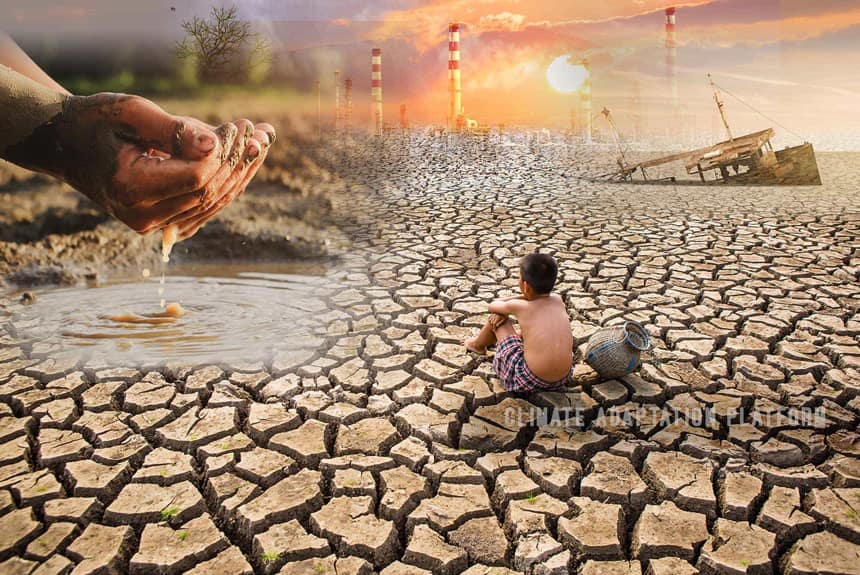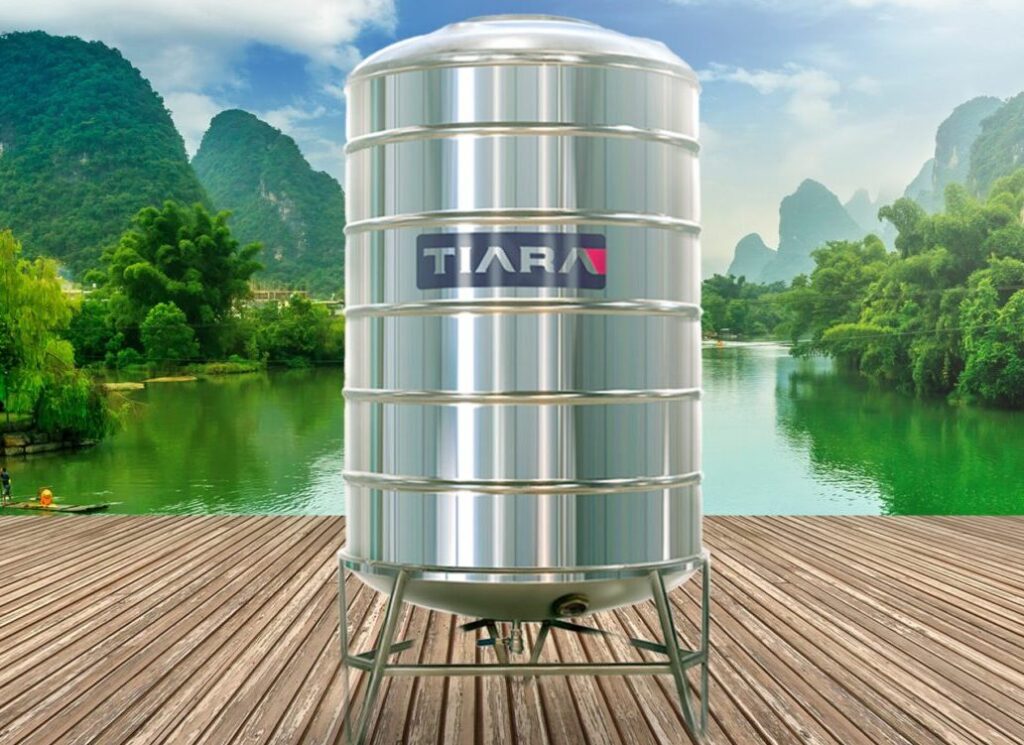
Introduction:
As climate change leads to more unpredictable weather patterns, having a reliable water storage system becomes increasingly important. Whether you’re preparing for droughts, floods, or other climate-related events, ensuring your water supply is secure can make a significant difference in your resilience. Here’s how to effectively prepare your water storage system.
Assess Your Water Needs:
Start by evaluating your household’s water requirements. Consider daily usage for drinking, cooking, sanitation, and irrigation. The general guideline is that each person needs about one gallon of water per day, but this can vary based on individual needs and lifestyle. Determine how many days’ worth of water you want to store, typically aiming for at least a week’s supply.
Choose the Right Storage System:
Selecting the appropriate storage solution is crucial. There are several options to consider:
Rainwater Harvesting Tanks: These systems collect and store rainwater, providing a sustainable water source. Ensure your tank is properly covered to prevent contamination.
Above-Ground and Below-Ground Tanks: These are versatile options, but consider factors such as space, aesthetics, and ease of access. Above-ground tanks are easier to install, while below-ground options are less susceptible to temperature fluctuations.
Portable Water Containers: For short-term emergencies, portable containers can be useful. Look for food-grade plastic or stainless steel options that prevent leaching of harmful chemicals.
Implement Water Filtration and Purification:
To ensure the water you store is safe for consumption, invest in filtration and purification systems. This can include:
Gravity Filters: These can remove sediments and contaminants without requiring electricity.
UV Purifiers: These systems use ultraviolet light to kill bacteria and viruses, making stored water safe to drink.
Chemical Treatments: Water purification tablets can be effective for emergency situations.

Regular Maintenance and Inspection:
To prevent contamination and ensure functionality, conduct regular inspections of your water storage system:
Check for Leaks: Regularly inspect tanks and pipes for leaks or cracks.
Clean Tanks: Periodically clean your tanks to prevent algae growth and sediment build up.
Monitor Water Quality: Test water quality periodically to ensure it remains safe for consumption.
Prepare for Emergency Situations:
Having a plan in place for emergencies can reduce stress when unexpected events occur:
Create an Emergency Kit: Include essential supplies such as water purification tablets, a manual pump, and additional containers.
Develop a Communication Plan: In case of evacuation, ensure all family members know where to go and how to contact each other.
Stay Informed: Keep track of local weather forecasts and alerts. Apps and local news can provide timely information about impending weather events.
Plan for Distribution:
If you’re storing a significant amount of water, consider how you will distribute it during an emergency. Ensure you have enough containers for easy access and transport. Additionally, think about how you’ll share water with neighbours or community members if necessary.
Educate Your Household:
Make sure all family members understand the importance of your water storage system and how to use it. Conduct drills to practice accessing and purifying water in an emergency scenario. Knowledge is power, and being prepared can significantly improve your response to climate events.
Conclusion:
Preparing your water storage system for unpredictable climate events is an essential aspect of disaster readiness. By assessing your needs, choosing the right storage solutions, ensuring water quality, and creating an emergency plan, you can enhance your resilience against the impacts of climate change. Taking these proactive steps can help ensure that you and your loved ones have access to clean water when it matters most.


